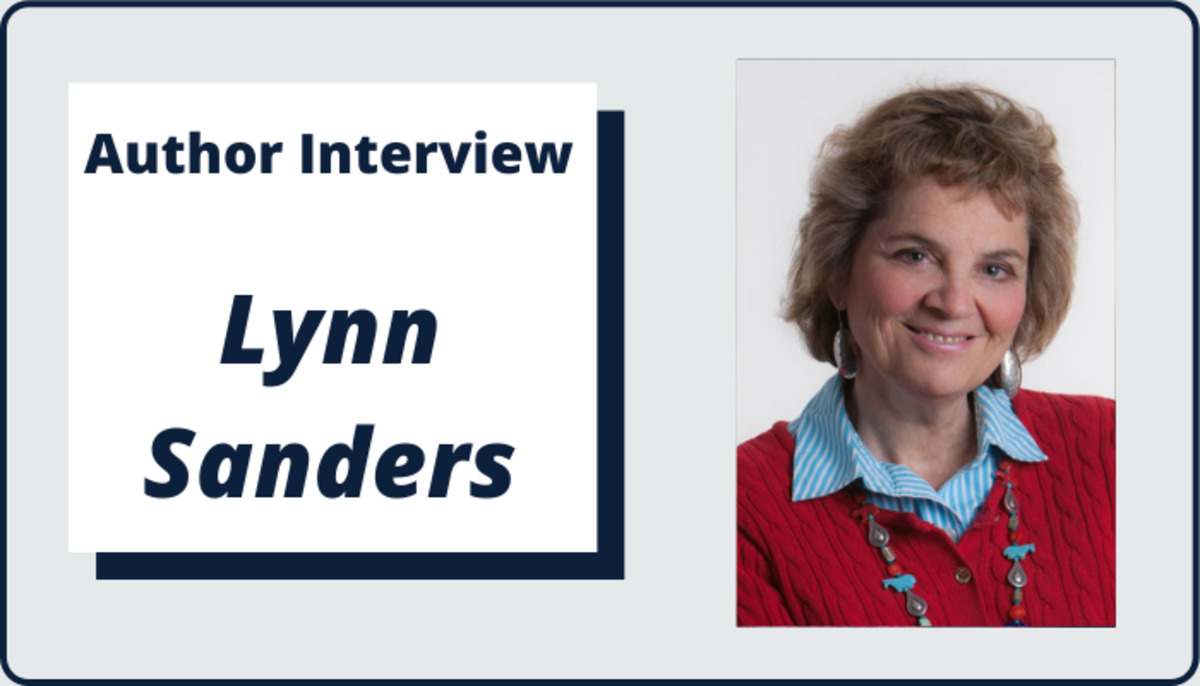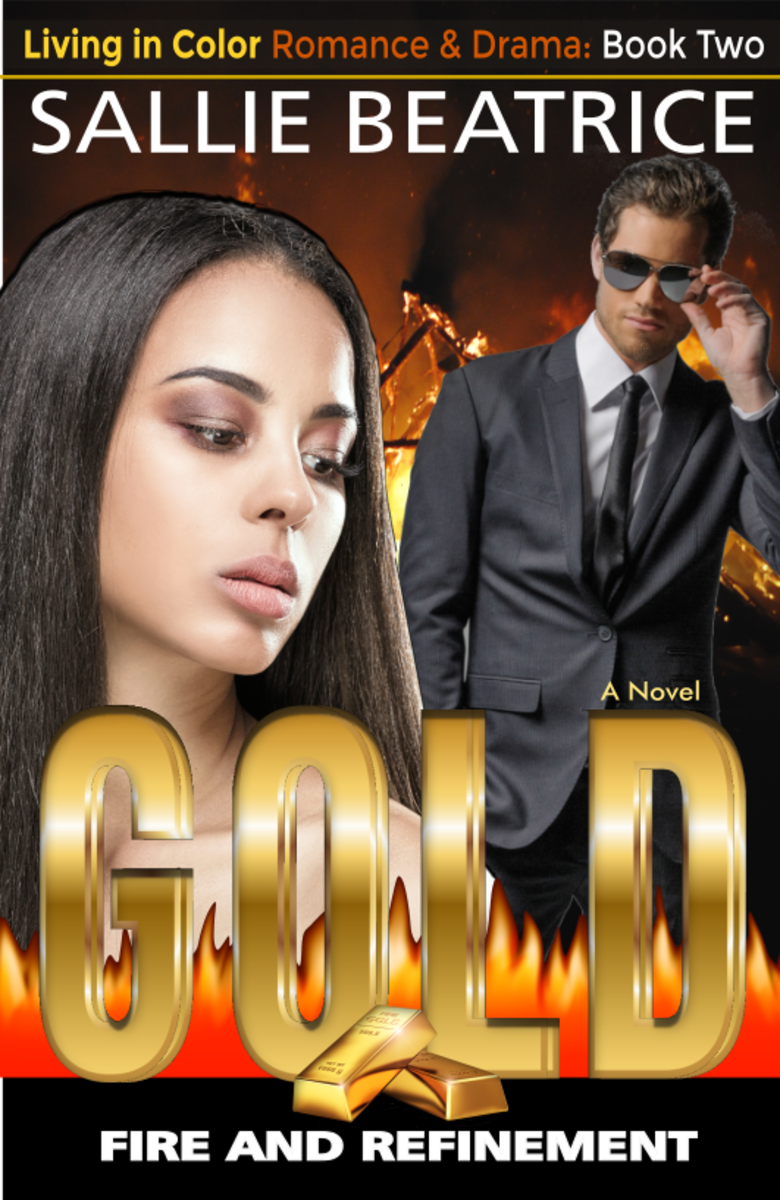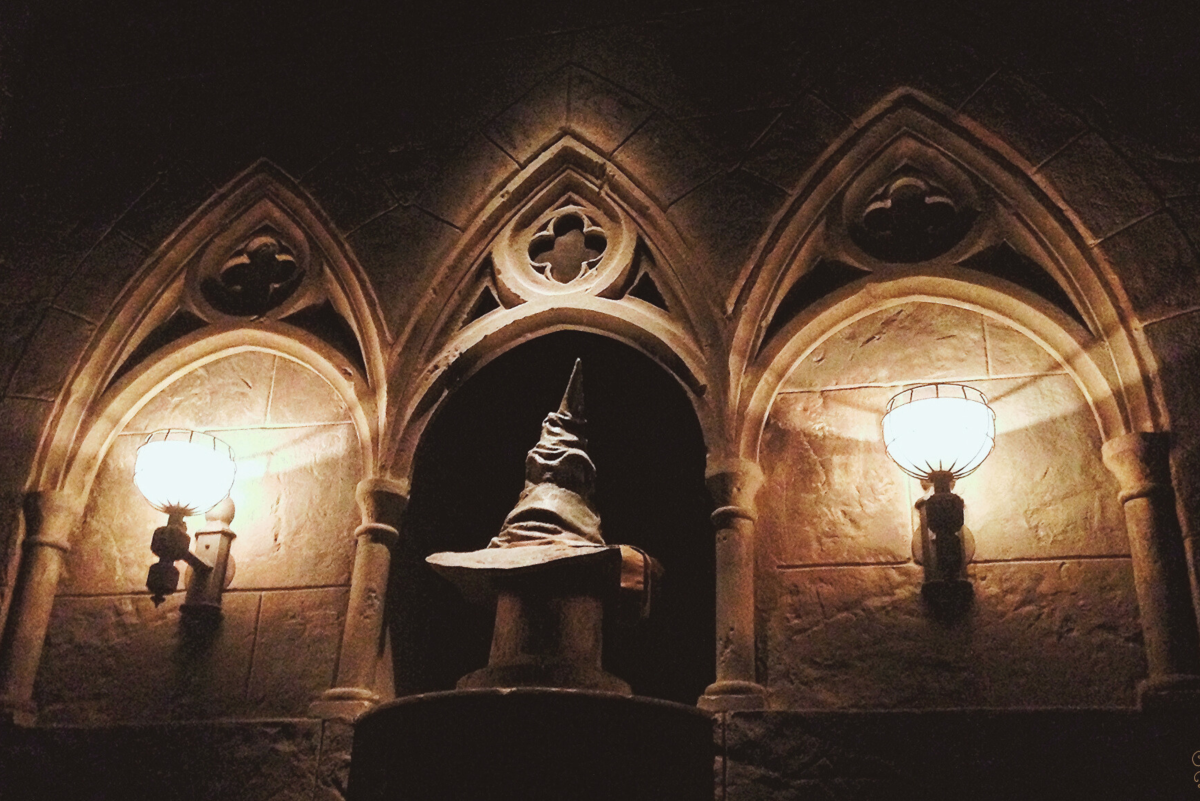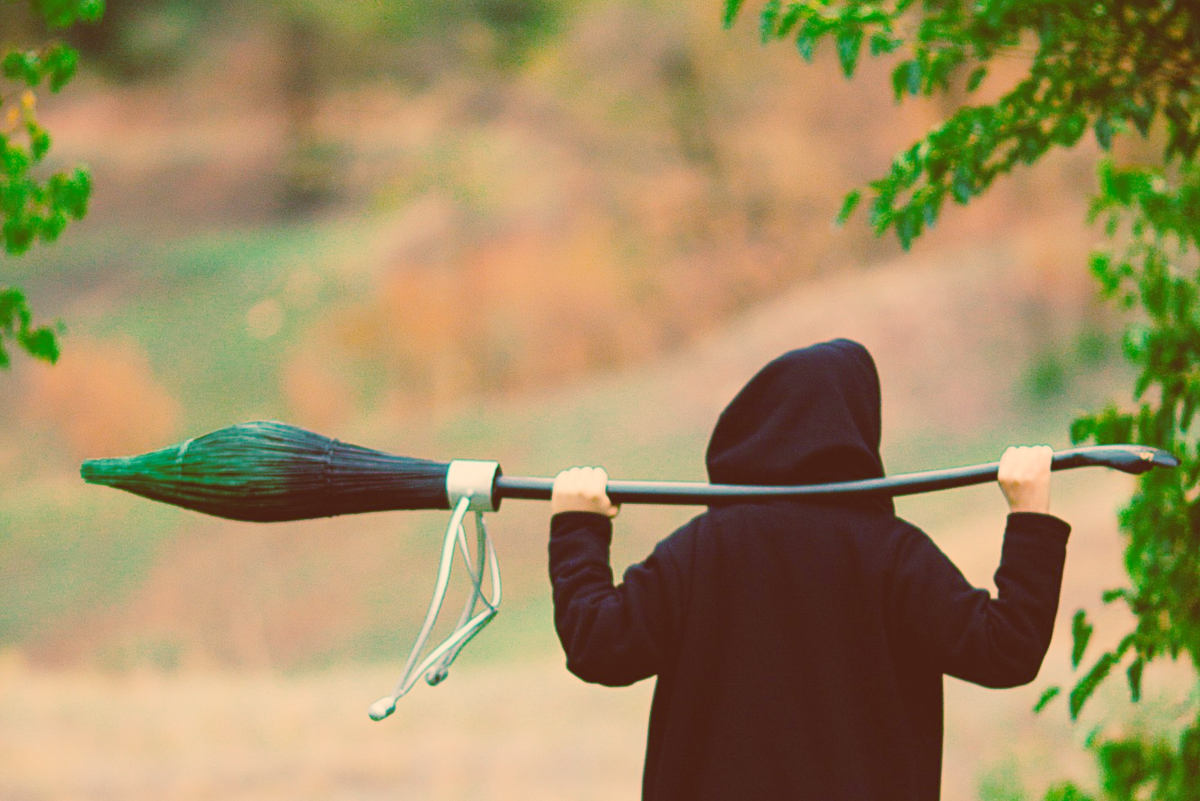- HubPages»
- Books, Literature, and Writing»
- Books & Novels»
- Books for Teens & Young Adults
Never Stop Writing (2)
Tarsus
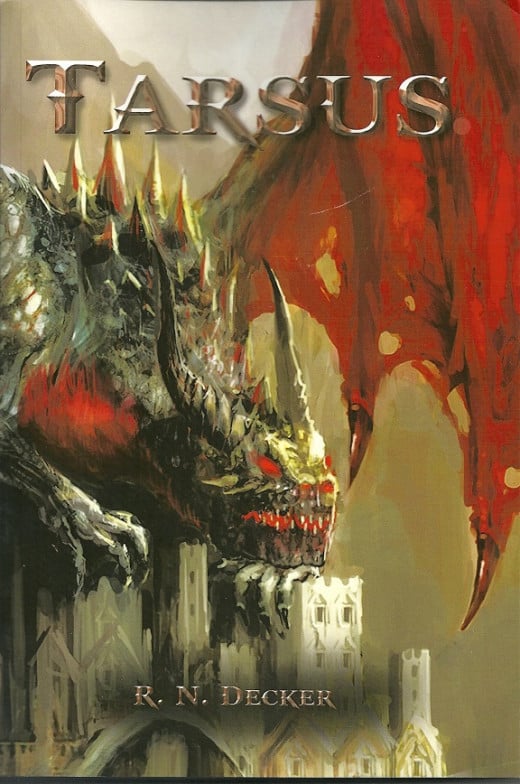
Never Give Up
It's been a long road, and a very winding one, but I did it. After years of putting pen to paper, clanking on an old manual typewriter, having eye strain from looking into a tiny five-inch screen on my first Brother word processor, and punching in over 165,000 words on my new personal computer, I pulled the trigger and self-published my first novel.
Some may say I really didn't do much. But for me, it was a giant leap on the very long road to, I hope and pray, my future as a writer. And isn't that what it's all about? Finding the right path to the future of writing for a living? What does it matter if you self-publish or go with a traditional publisher? It's the choices we make in life that count. These choices may lead to a road of success, or the road to mediocrity, or a road to nowhere. I suppose it's how one looks at what one is doing. Or wants to do. I, myself, want to be a writer, but does that make me one? I don't know, my readers would have to tell me if I made it or not.
I took my own advise, which I loathe doing, and jumped into the deep end of the pool. But the outcome of the splash is yet to be seen. The moral to this is for anyone who wants to be a writer, be it fiction, poetry, memoirs, or screenplays, you should never give up on your dream. And I didn't.
Never give up. Never.
Self-Publishing or Traditional?
When a writer wants to publish, or be published, there are usually two ways to go about the endeavor. One is to be picked up by a publisher and have the work (writing) printed through a publishing house, be it e-book or e-reader in this new electronic era, and/or printed in book form, and then sent on to stores and libraries for readers to enjoy. The other way is to self-publish. That is, you (the writer) picks a publishing company, and you pay them to have your work printed and distributed in e-reader and hard copy form and then sent to stores, libraries, and/or your fellow readers. And there are pros and cons to each.
In traditional publishing, the writer, usually, must first query a publisher on his/her story to see if that publisher likes their work. If the answer is yes, the process of submission, editing, then printing (this includes all things electronic) will begin. If the answer is no, the writer (you) gets the dreaded REJECTION letter. 'Sorry, can't use it, thanks, but no thanks.' At times, this process can go on for years, or it may never happen. But through it all, some (and I'm talking a lot) still want their names associated with a traditional publishing house. If nothing else, for the recognition this brings to one's writing.
In self-publishing circles, all the writer has to do is pick a publisher that he/she likes (they are numerous and all encompassing) and pay them to have the same thing a traditional publisher does. You, as the writer has to pay for a service you may need, such as editing, or copy editing, or layout and design of the book. In some cases, they are a separate cost, in others, it's just a part of the service you bought. It depends on the author( you) and a budget (money) you're willing to put out on your work. The main difference is that you pay them, usually up front or in installments, for the work they do for you.
(Side note: there are many self-publishing companies who will help you break into traditional publishing. It is not an easy thing to do, but there are a lot of them that will submit your finished work to a traditional publishing house for their consideration. In many cases, this will lead to - the publisher - asking the author for another novel, poem, novella, short story, etc. And will be paid for the effort. This is how series of books are published.) Also, in this, the day of electronic media, there are sites you can go to on the web, and have your work published for free, or at least a minimal charge. If your work is bought by the public, meaning the traffic brought to the site, then you - the writer - would get a royalty, a percentage, from the purchase. These sites are also considered to be self-publishing.
Is it detrimental to an author/writer to go with self-publishing instead of traditional publishing? You, as the author would have to make that determination. Are all self-publishing houses alike? No, of course not. Are all traditional publishers alike? No, of course not. I can honestly say I've tried both ways, and after many years, and many sleepless nights weighing my options, I went with self-publishing. Does this mean I took a short-cut to actually being an author? I can't say. My readers would have to tell me that. But as a reader, can you honestly say every published writer that has gone through a traditional publisher is an author? Just because you (writer) has a published book, doesn't make it reader worthy. And neither does it mean its trash.
Which brings me to . . . .
Writing for an audience - a niche
In any kind of writing form, you have to write to an audience. If you want your work to be read or not, that is. This is known as niche writing. I for one do not read love stories; romance novels. So, I wouldn't necessarily write one. My target audience is the young and young at heart, who like science fiction, fantasy, and a bit of gore before bedtime. So I wrote just that, a fantasy novel about dragons, wizards, and Elves.
You, as a writer need to have a target audience for your writing. What are you wanting in your writing? Who do you want to read it? If you don't really know who that audience is, ask yourself the most important question any author could answer. What do you like? Would you read a fantasy novel? would you read poetry? Would you read a Dick-and-Jane book to your three year-old if you write for the young? What are you interested in? Because its a sure-fire bet, if you like it, then you'd be passionate enough to write about it. And believe me, this is for any kind of writing. When I was a journalism major in college, I wrote many articles. My target, the one's interested in wanting news. A different style, a different form, but targeted to those who want to know what's going on, be it in their own communities or around the world.
Find your niche.
Have Fun
Above everything you may learn as a writer, the main thing, I firmly believe, is to have fun. If you don't like it, you'll never put the most into it. And the old adage is right, 'What you put into it, is usually what comes out of it.' If you're enthusiastic about what you do, what you write about, that will come through loud and clear to your audience.
Be creative.
Have fun!

